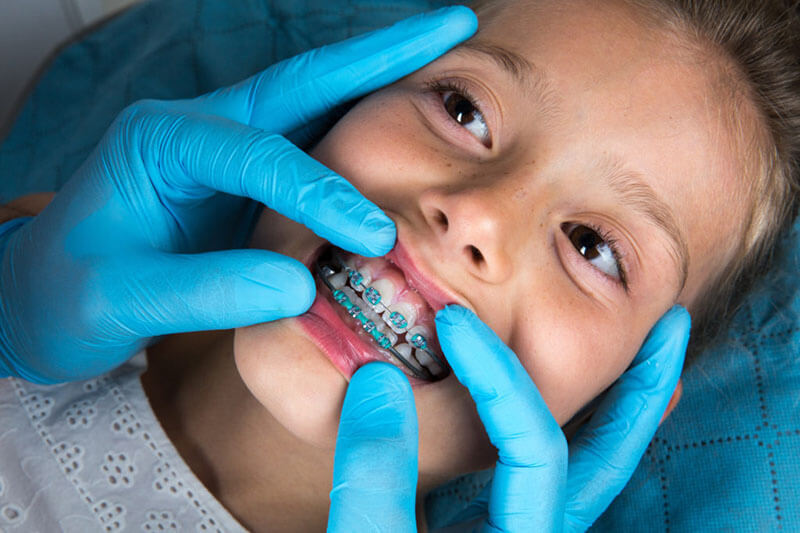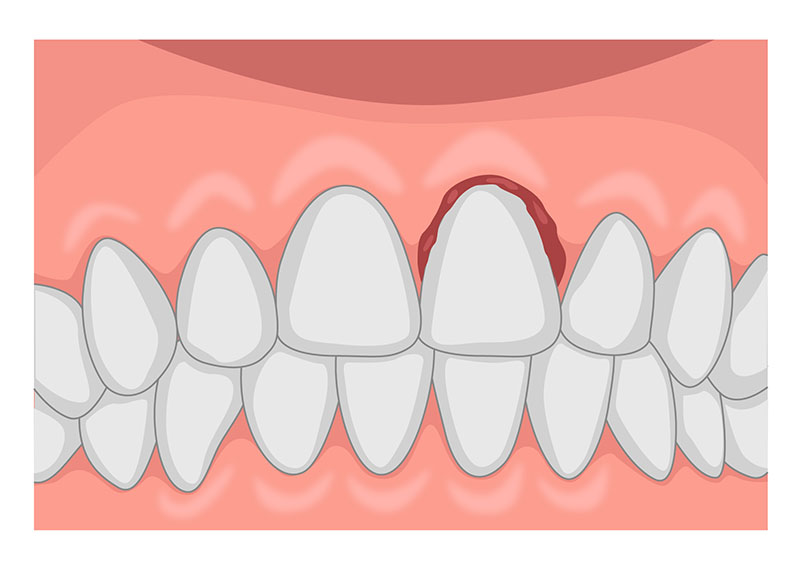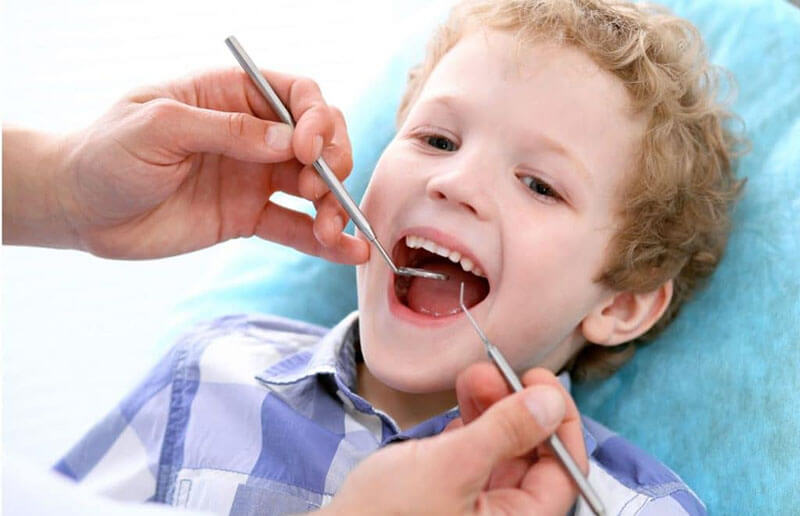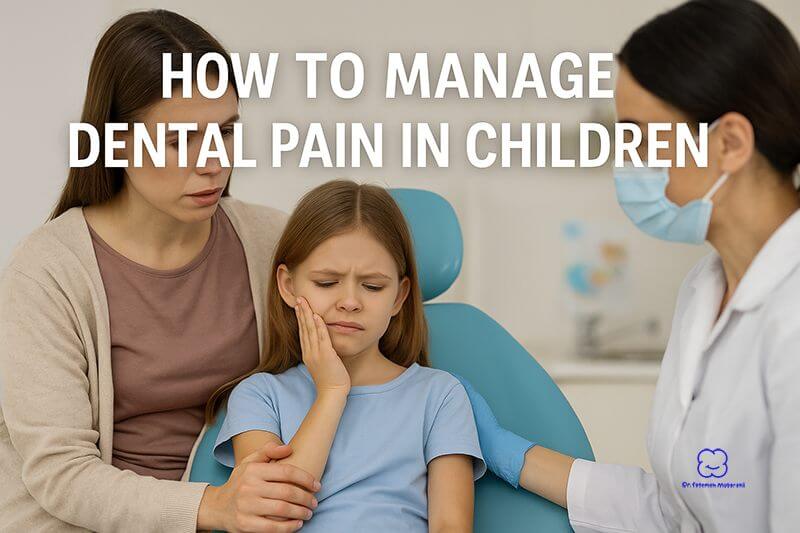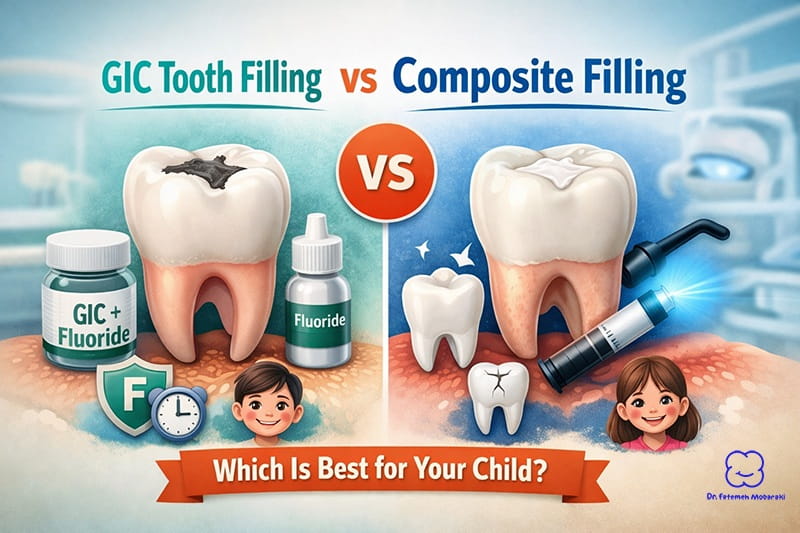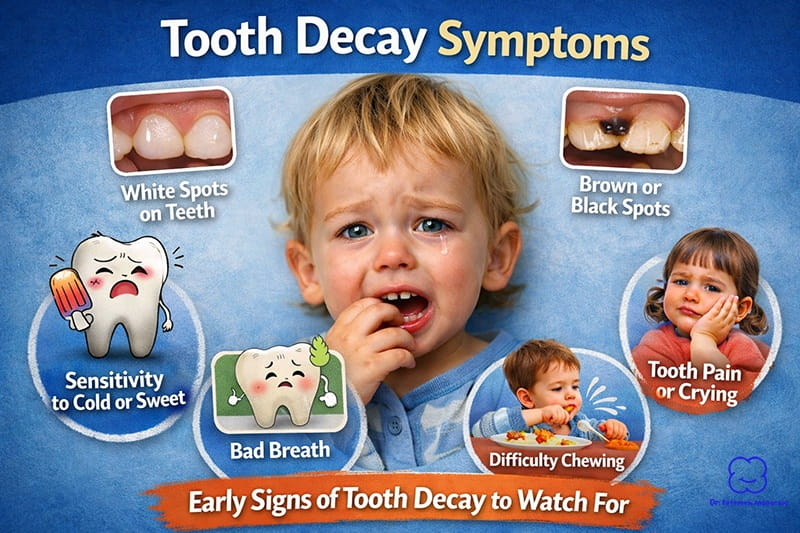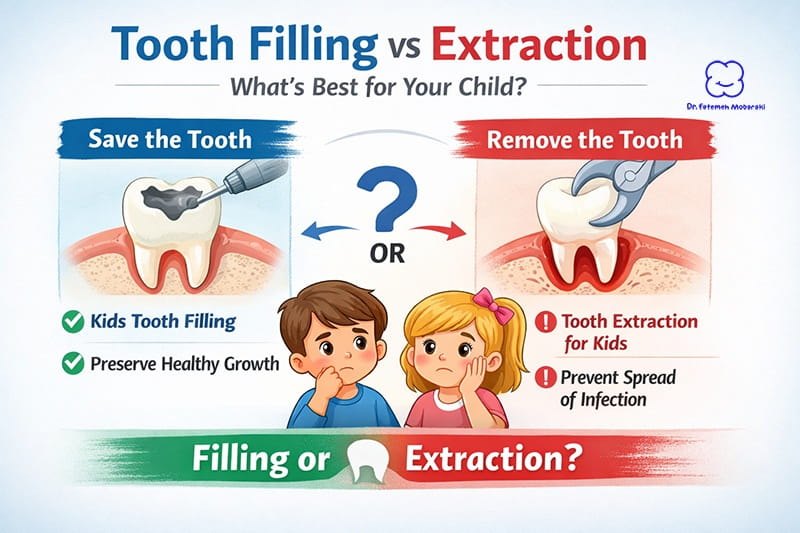As parents, ensuring our children’s health and happiness is always a top priority, and their dental health is no exception. If you’ve noticed certain changes in your child’s teeth alignment or bite, you might wonder if they need braces. Early intervention can make a huge difference in their future dental health and smile confidence.
Signs Your Child May Need Braces
Recognizing the signs your child may need braces is important for timely intervention. Here are some common signs that your child may need braces and why early orthodontic treatment can be beneficial.
1. Crowded or Crooked Teeth
One of the most apparent signs your child may need braces is having crowded or crooked teeth. When teeth lack enough room to grow in a straight alignment, they can overlap or twist, leading to a crowded appearance. Crooked teeth can be difficult to clean properly, increasing the risk of cavities and gum disease. Early assessment by a pediatric orthodontist can help determine whether braces are needed to correct the alignment and provide space for your child’s teeth to grow properly.
2. Difficulty Biting or Chewing
If your child often complains about discomfort while biting or chewing food, this may be a sign that their bite is misaligned. A misaligned bite, also known as malocclusion, occurs when the upper and lower teeth do not come together properly. This can make eating uncomfortable and even painful for your child, which might affect their nutrition. Recognizing the signs your child may need braces early can help address these issues effectively. Observing your child during mealtime and noting any signs of difficulty can help determine if braces might be the solution.
3. Overbite or Underbite
An overbite or underbite can be one of the most noticeable indications that orthodontic treatment is necessary. An overbite occurs when the upper front teeth protrude too far over the lower teeth, while an underbite occurs when the lower teeth sit in front of the upper teeth. These types of bite issues can cause problems with chewing, speaking, and may even lead to jaw pain. Braces can be an effective way to correct bite alignment, allowing your child to have a more balanced and functional bite.
4. Early or Late Loss of Baby Teeth
The timing of baby teeth falling out can indicate whether orthodontic treatment might be required. If your child loses their baby teeth too early or too late, it can lead to problems with the spacing and alignment of their permanent teeth. Baby teeth act as guides for the permanent teeth, so losing them outside of the normal timeframe can cause crowding or other alignment issues. A consultation with an orthodontist can help assess whether braces are needed to address the spacing and prevent future problems.
5. Thumb Sucking Beyond Early Childhood
Thumb sucking is a natural reflex in infants and young children, but if it continues beyond the age of four, it can lead to significant dental issues. Prolonged thumb sucking can put pressure on the front teeth, pushing them out of alignment and resulting in an open bite or protrusion. Braces can help correct the misalignment caused by this habit, helping restore your child’s bite and smile.
6. Misaligned Jaw or Jaw Popping
If you notice that your child’s jaw appears to be misaligned or if they complain of a popping or clicking sound when they open or close their mouth, these could be signs of a jaw misalignment. Such issues can lead to difficulty in speaking or chewing and can eventually cause jaw pain. Early intervention with braces or other orthodontic treatments can help correct these problems before they worsen.
7. Mouth Breathing
Mouth breathing, especially while sleeping, can sometimes indicate orthodontic issues. Chronic mouth breathing may be a sign that your child’s teeth or jaw are not properly aligned, making it difficult for them to breathe through their nose. Addressing this issue with braces can help align the teeth and jaw, promoting better oral and overall health.
8. Gaps Between Teeth
Spaces or gaps between teeth are another common indication that braces may be necessary. While some gaps can naturally close as more permanent teeth come in, others may require orthodontic intervention. Gaps can affect the alignment of your child’s bite and can also lead to difficulties in chewing. Braces can help bring teeth closer together, ensuring a balanced and beautiful smile.
9. Teeth Grinding (Bruxism)
Teeth grinding in children, also known as bruxism, can sometimes be a sign that your child’s teeth are not properly aligned. Grinding can wear down the enamel of the teeth and lead to jaw pain or headaches. If you observe signs your child may need braces, it’s crucial to seek orthodontic advice early on to prevent further complications. If you notice your child grinding their teeth, especially at night, it’s essential to have their teeth alignment evaluated by an orthodontist in Dubai to see if braces might help address the issue.
Why Early Orthodontic Intervention Matters
Early orthodontic intervention can help guide the growth and development of your child’s teeth and jaw, preventing more serious problems from occurring later on. If you are looking for an experienced children’s orthodontist in Dubai, our clinic is here to provide personalized care. By addressing these orthodontic issues early, we can help your child avoid future complications and ensure their teeth develop in a healthy, functional way.
What to Expect During Your Child’s Orthodontic Evaluation
If you notice any of these signs your child may need braces, scheduling an orthodontic evaluation is the next step. During this consultation, the orthodontist will examine your child’s teeth, jaws, and facial structure to determine whether braces or other treatments are necessary. X-rays and digital scans may be taken to get a complete picture of your child’s dental development.
At Our Pediatric Dental Clinic in Dubai, we take a personalized approach to each orthodontic evaluation, making sure that your child feels comfortable and informed throughout the process. Our goal is to create a positive experience that sets the stage for a lifetime of good oral health. For more information on our pediatric dental services, visit our Pediatric Dental Services Page.
Signs Your Child May Need Braces: How Braces Can Benefit Your Child
Braces can do much more than just improve the appearance of your child’s smile. Properly aligned teeth are easier to clean, reducing the risk of cavities and gum disease. Correcting bite issues can also prevent abnormal wear on the teeth and alleviate jaw pain. Additionally, having a beautiful, straight smile can significantly boost your child’s confidence and self-esteem.
We believe that creating a positive dental experience early on can make a big difference in your child’s attitude towards oral health for the rest of their life. Our clinic, conveniently located in Jumeirah and Mirdif, offers a warm, child-friendly atmosphere where your child’s comfort and safety are our top priorities.
Frequently Asked Questions
What age should my child get braces in Dubai?
The ideal age for your child to get braces varies, but many orthodontists recommend an initial evaluation by age 7. Early evaluation allows for timely intervention if needed.
Is it painful for children to get braces?
There may be some initial discomfort when braces are first applied or adjusted, but it usually subsides after a few days. Our team ensures your child is as comfortable as possible during their treatment.
How can I tell if my child needs braces?
Look for common signs like crowded teeth, difficulty chewing, or an overbite. If you’re unsure, it’s best to schedule a consultation with our orthodontist in Dubai.

